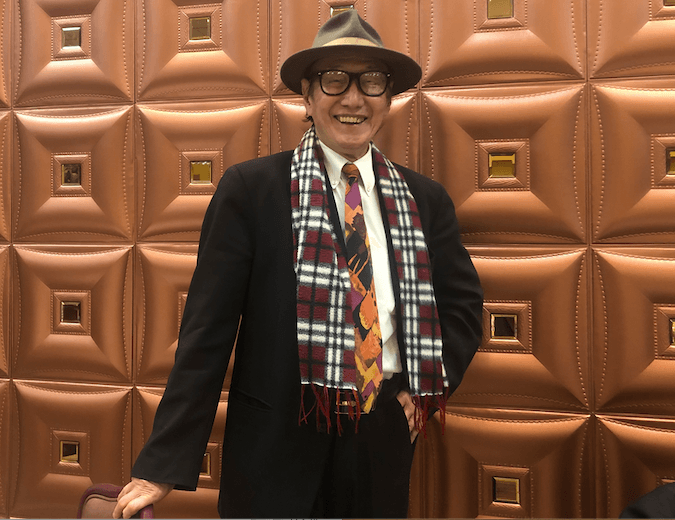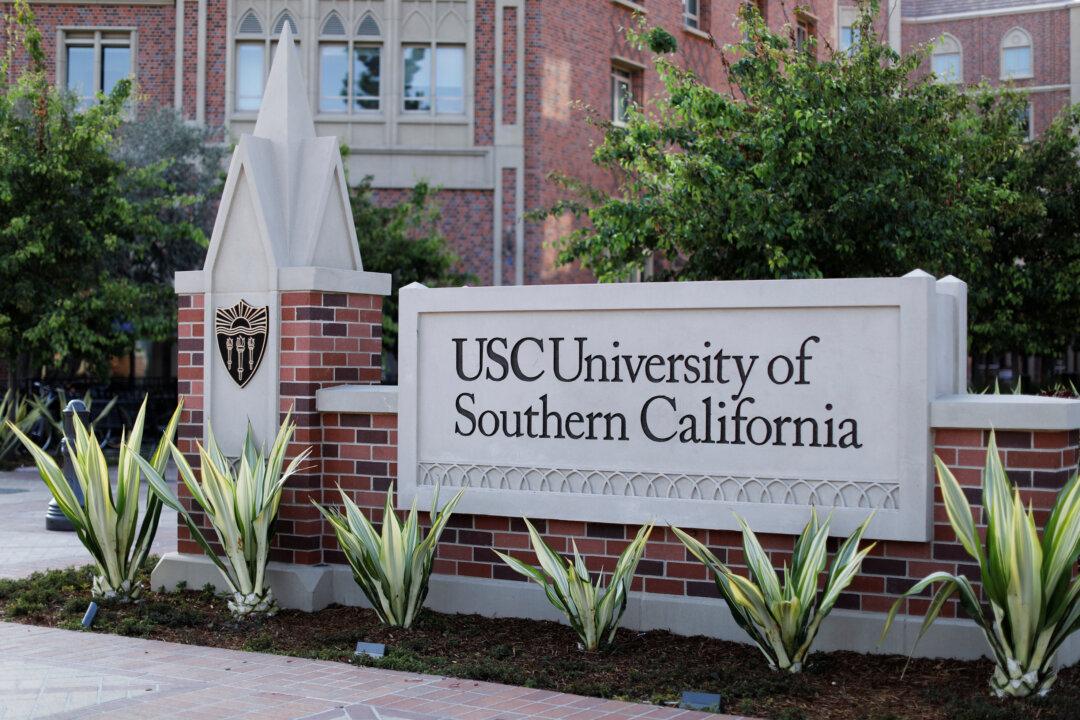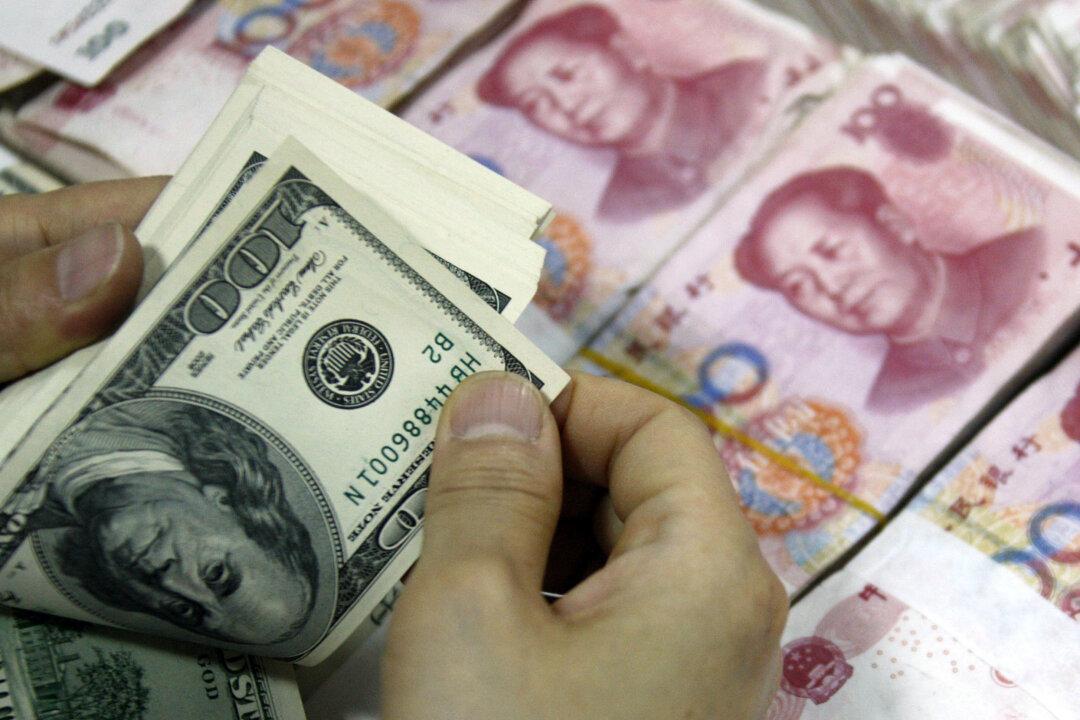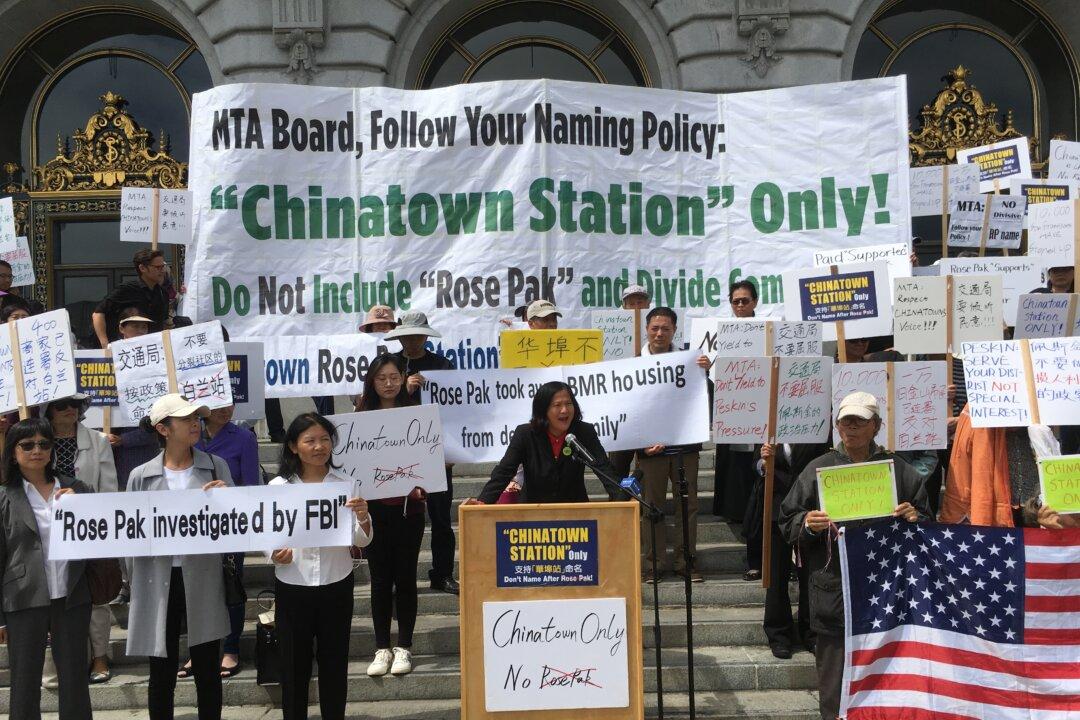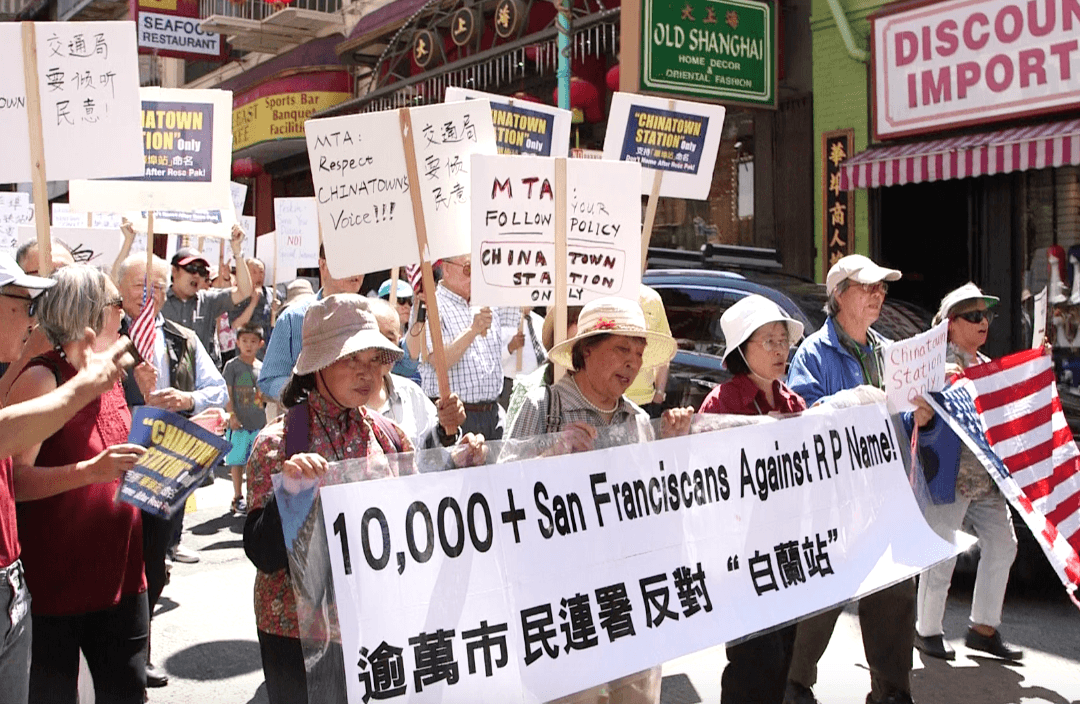In Vietnam, April 30 is celebrated as Reunification Day or Liberation Day, but it marks sorrow for millions. It’s the anniversary of the fall of Saigon, the capital city of South Vietnam, which was captured by the communist North.
April 30, 1975 was a day for the history books. America participated heavily in the unfolding of that day. But even though only 44 years have passed since then, the accepted version of history may already have departed somewhat from the true picture of what happened.
